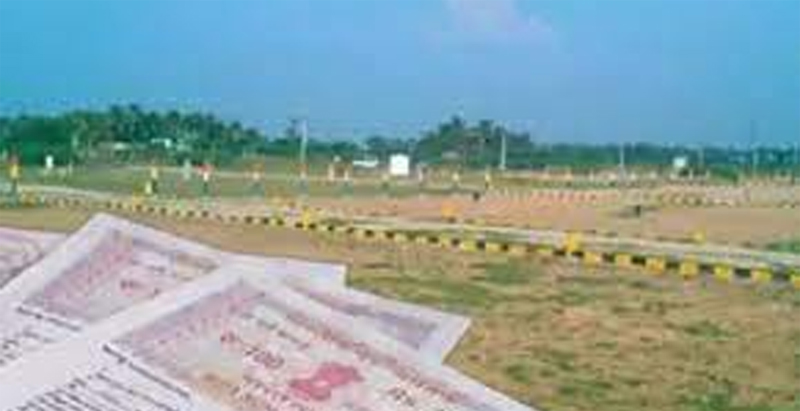The Revenue Department of the Jammu and Kashmir Government has taken a significant step towards resolving land disputes by granting court powers to the Regional Directors of Survey and Land Records (ex-officio Settlement Officers) and Additional District Development Commissioners (ADDCs). This move aims to expedite the settlement of cases and reduce the number of land disputes, ultimately benefiting the people.
Land issues in Jammu and Kashmir have unique characteristics that set them apart from other parts of the country. In addition to encroachments on public or private land, the presence of inaccurate or outdated land records, including surveys, measurements, and documentation, further complicates matters and contributes to disputes over land ownership and boundaries. The High Court has already delegated the responsibility of land registry and property disputes to the Revenue and District Administrations. However, the historical agrarian land reforms and subsequent lack of reconciliation between forest and state land present significant obstacles to many development projects. While theoretically, Jammu and Kashmir possess abundant land for various development activities, practically every parcel of land faces some form of dispute or contention. All these are the main roadblocks for the industrial revolution in the UT.
The conferment of court powers on the Regional Directors of Survey and Land Records aims to ensure the expeditious resolution of all these land dispute cases. Nevertheless, ADDCs will continue to hear land dispute cases as they did before. Given that there are hundreds of thousands of land dispute litigations pending, accounting for over 50% of all litigations, it is unlikely that the assigned ADDCs can handle all the cases, even if they have the willingness to do so. However, the officials from the Survey and Land Records department possess expertise in the necessary processes and details required to identify where discrepancies or wrongdoing have occurred. This decision holds the potential to significantly contribute towards delivering timely justice to legitimate litigants.
Trending Now
E-Paper


